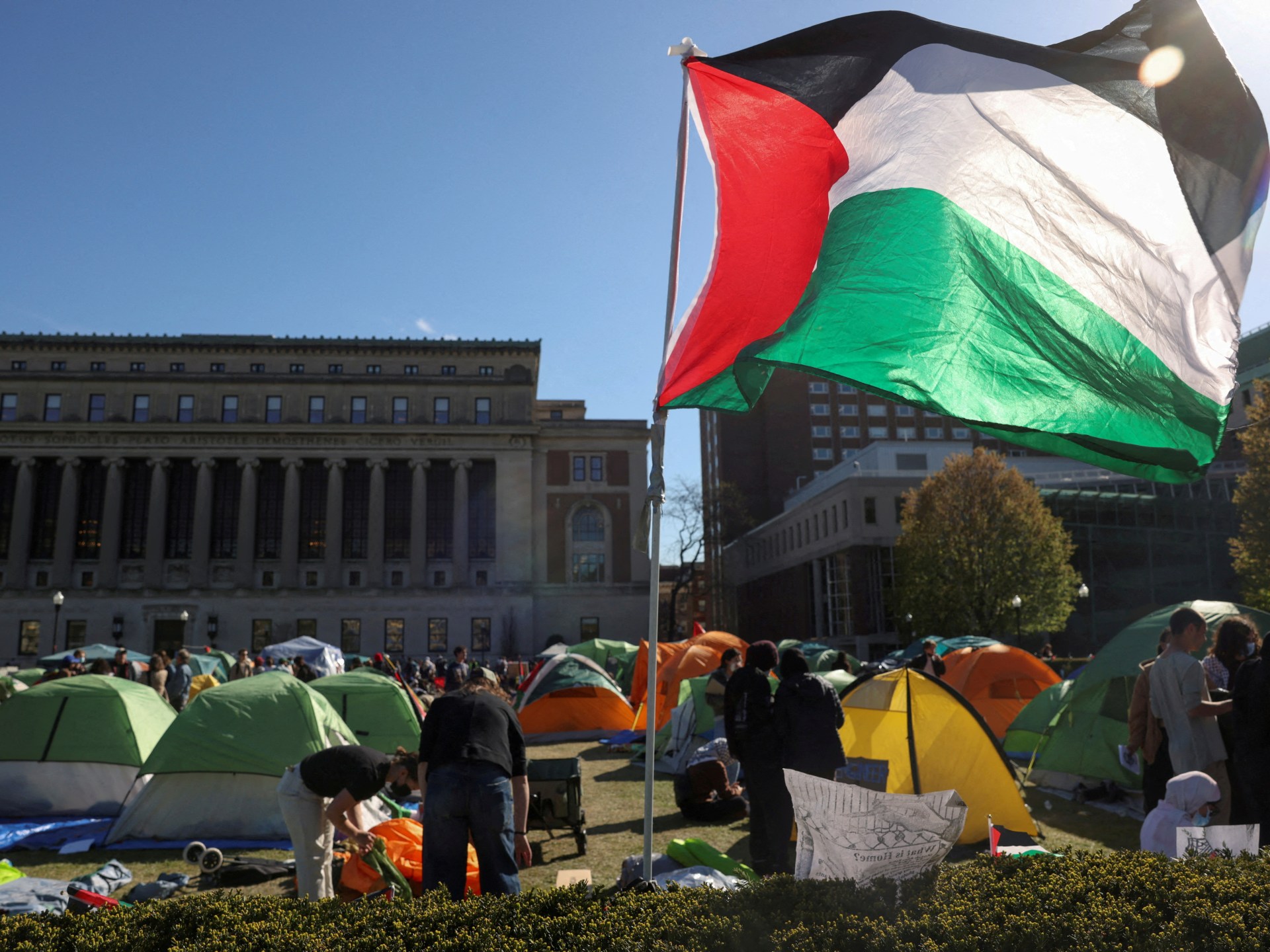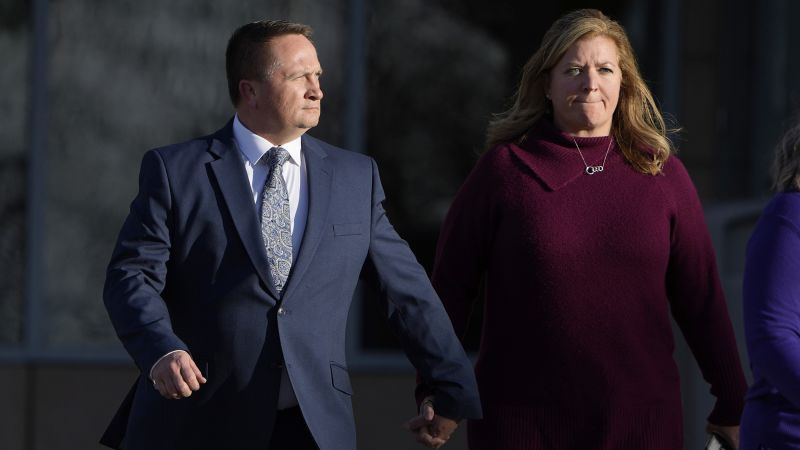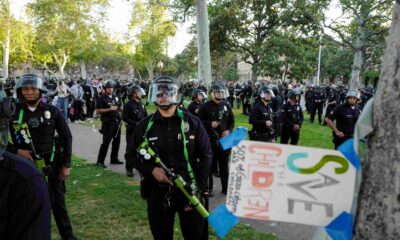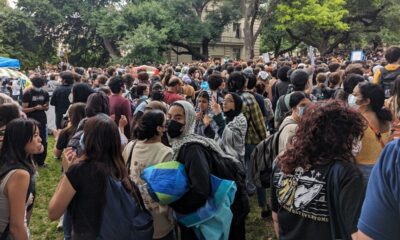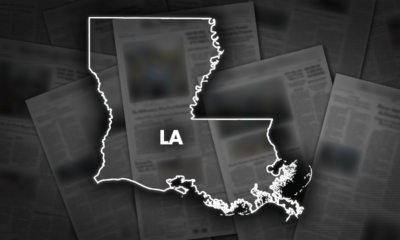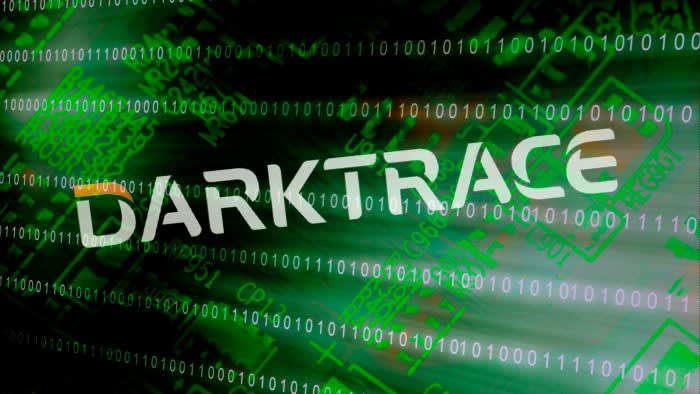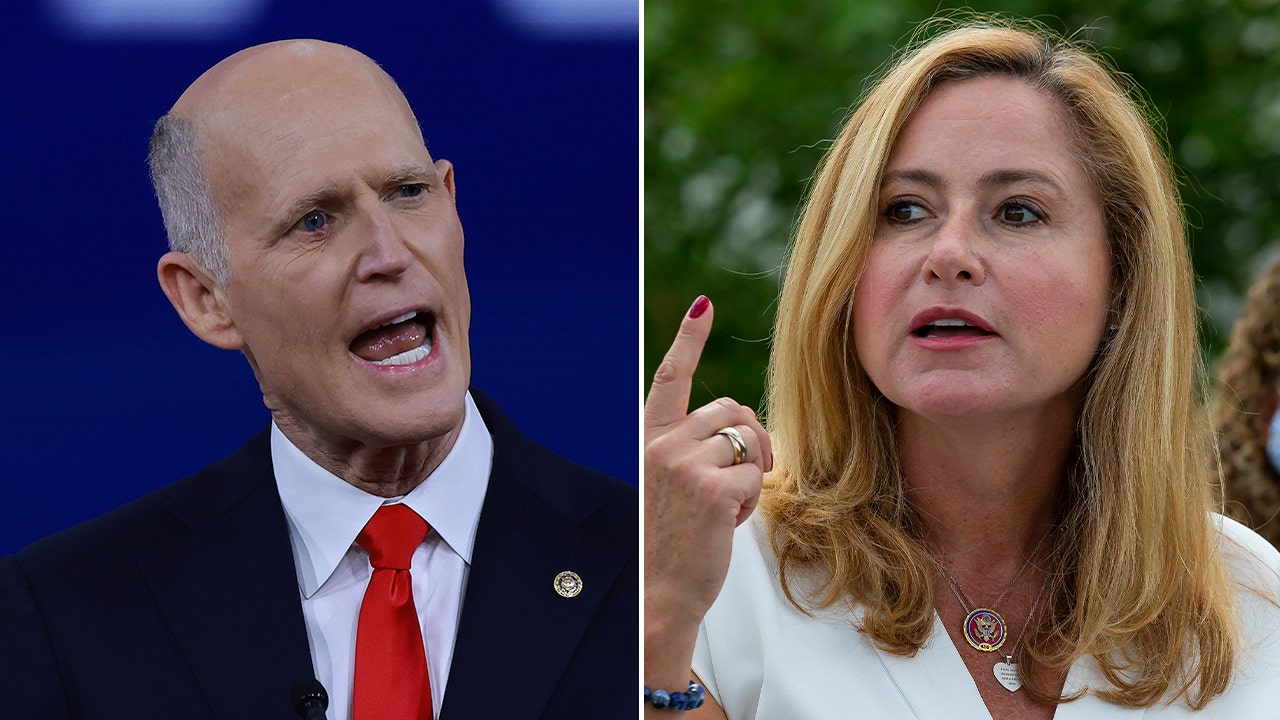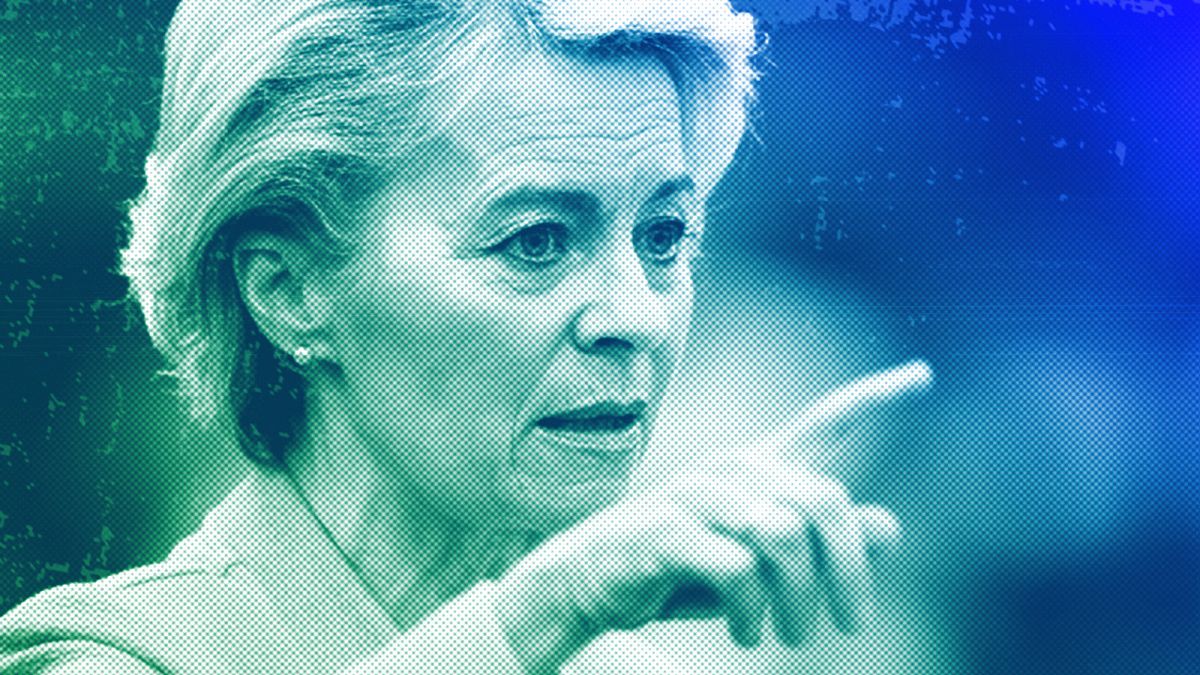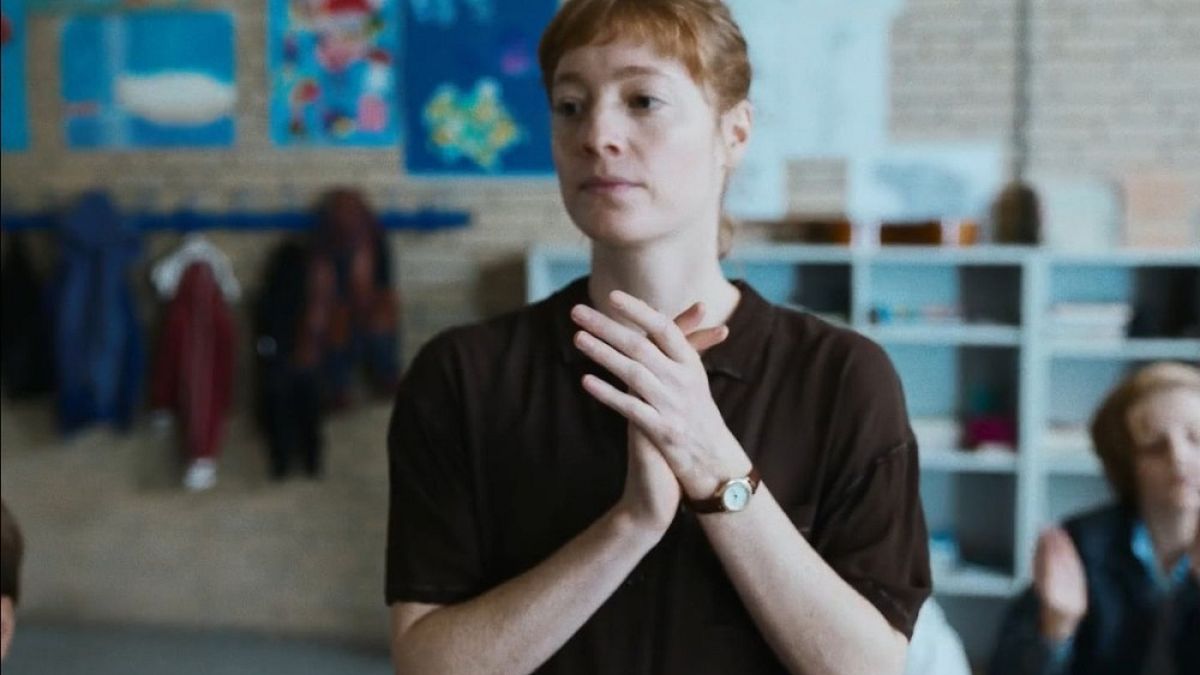CNN
—
Jeremy Cooper, a former paramedic in Aurora, Colorado, was sentenced to four years probation, 14 months of work release and 100 hours of community service on Friday.
Cooper and another paramedic, Peter Cichuniec, were found guilty of criminally negligent homicide in December in the death of Elijah McClain, a 23-year-old Black man, who was subdued by police and injected with ketamine on August 24, 2019.
Both paramedics had pleaded not guilty to the felony charges. Cichuniec was sentenced last month in a Colorado courtroom to five years in prison, the minimum.
Prosecutors had argued the paramedics acted recklessly in administering a large amount of the powerful sedative ketamine to McClain, who had been violently subdued by police after they said McClain was in a state of “excited delirium.”
A revised autopsy report released in 2022 listed McClain’s cause of death as “complications of ketamine administration following forcible restraint.”
Cooper’s sentencing brings the case to a close, but at the hearing, McClain’s mother, Sheneen, urged the judge to hold Cooper accountable.
Speaking of Cooper, she said, “You cannot evoke my son’s name to absolve yourself of your own sinful nature.” And referring to Cooper and the other paramedics and police at the scene, she added, “They all failed the city of Aurora.”
The paramedics had testified during the trial they were following their training for treating patients experiencing “excited delirium,” a controversial term describing extreme agitation generally applied to people being subdued by police. The term is not recognized as a diagnosis by major medical associations, including the American Medical Association.
Paramedics rarely face charges in such cases as they are typically considered local government agents protected by statutory immunities where injury and death can occur even when they abide by their medical training.
The criminal trial against the two paramedics was unparalleled, CNN previously reported.
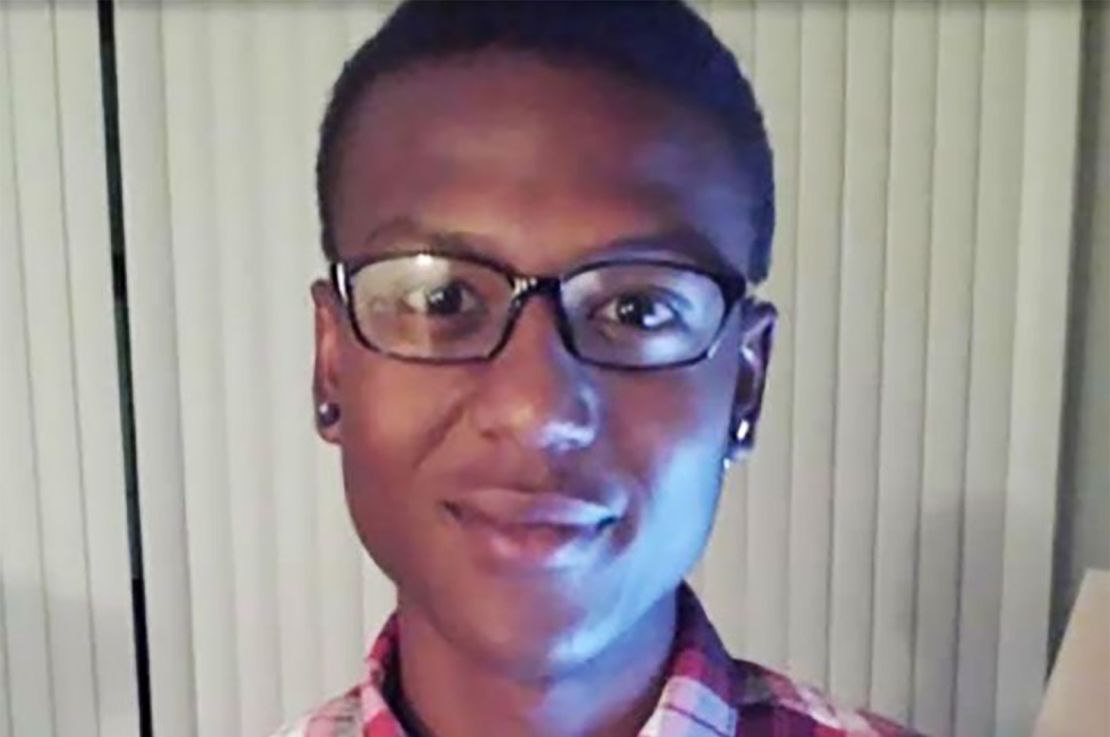
McClain’s case received renewed scrutiny following the police killings of George Floyd, Breonna Taylor, and others that led to massive protests across the country.
And after a social media outcry demanding an independent investigation into McClain’s death, Colorado Gov. Jared Polis announced in June 2020 his administration would reexamine the case, answering a call the victim’s family had been making for almost a year.
The charges against the five first responders stemmed from McClain’s arrest, when Aurora, Colorado, police officers responded to a call about a “suspicious person” wearing a ski mask, according to the indictment. McClain, a massage therapist and musician, was walking home from a convenience store carrying a plastic bag with iced tea, when the officers confronted him, wrestled him to the ground and placed him in a carotid hold, cutting off the blood flow to his brain and rendering him unconscious.
Paramedics were called to the scene and injected McClain with a dose of the powerful sedative ketamine appropriate for a 200-pound person, even though he weighed just 143 pounds. McClain suffered a heart attack on the way to a hospital and was pronounced dead three days later.
During the trial, both paramedics admitted to administering a large amount of ketamine to McClain based on an inaccurate overestimation of his weight. Additionally, Cichuniec told prosecutors he made the decision to administer the 500-milligram dosage without asking McClain for his height or weight because he was experiencing “excited delirium.”
The three Aurora police officers who subdued McClain, officers Randy Roedema, Jason Rosenblatt and Nathan Woodyard, also faced trial for their involvement in the incident.
“By the time he was placed on the gurney, Mr. McClain appeared unconscious, had no muscle tone, was limp, and had visible vomit coming from his nose and mouth,” the indictment said. “(Officer) Roedema said he heard Mr. McClain snoring, which can be a sign of a ketamine overdose.”
Roedema was found guilty of criminally negligent homicide and assault and was sentenced to 14 months in prison, while Rosenblatt and Woodyard were acquitted of all charges.
Dr. Stephen Cina, the pathologist who signed the autopsy report, wrote he saw no evidence injuries inflicted by police contributed to McClain’s death, and McClain “would most likely be alive but for the administration of ketamine.”
The use of ketamine by emergency responders to tranquilize people against their will is controversial and has triggered investigations in multiple states.
CNN’s Emma Tucker and Eric Levenson contributed to this report.


